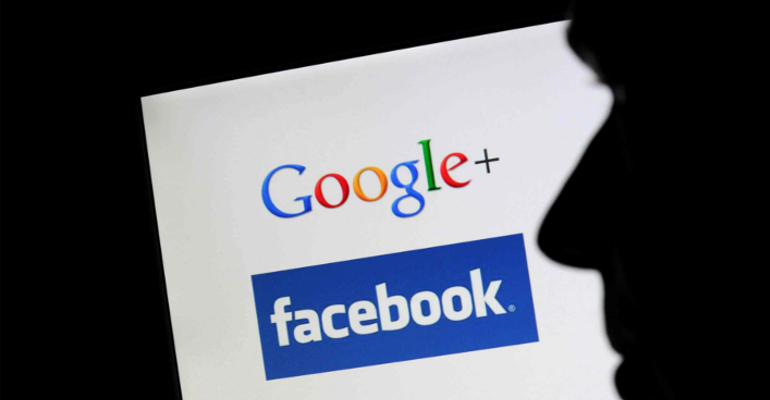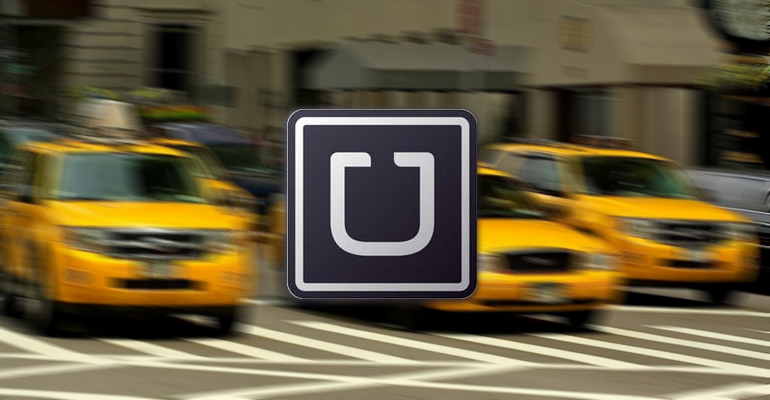In view of the huge growth of social networks in 2012, many companies started to view their Human Resource tools in terms of socials. It can be said that 2013 is the year of Social HR, and now “social” is no longer a watchword but is instead mandatory for businesses.
According to the Forbes magazine, companies that will not apply social methodology to their HRMS systems, will have a hard time in 2013 retaining their employees and surviving in a market that is increasingly connected and rapidly evolving, growingly rotating around social networks.
The use of social tools for human resources management goes beyond social recruiting: indeed, social HR consists in a number of actions that make employees growingly motivated and productive, while improving the company’s reputation on the market.
The State of Social Technology and Talent Management, a study commissioned by SilkRoad, found that 75 percent of the 290 surveyed human resource experts believe that their companies use insufficient social tools for their internal and external communication.
Some new trends that are quickly spreading in the field of social media could become useful tools for HR people.
These include the so-called “gamification”, which means that dynamics typically used for games (levels, prizes and score) are applied to other contexts, such as human resource management. These tools can greatly increase the engagement of employees, who are encouraged to improve their performance and share their accomplishments on social channels.
Another growing trend is personal branding: the traditional résumé is gradually being replaced by the ability shown by users to “sell” and propose themselves on the work market, just as if they were a brand. Indeed, the number of followers that the candidate has on Twitter, the frequency of his shares and the quality of the content he posts, the way in which he presents himself online through socials or personal videos are becoming increasingly important for people working in recruitment.
In this regard, a standard used to measure the “digital influence” of the candidate on the main social platforms is becoming growingly widespread: it’s the Klout score, which assigns scores ranging from 0 to 100 and rewards users who are most engaged on social networks.
Therefore, businesses increasingly need to promote a social culture that is capable of conveying new values to their employees, encouraging them to constantly improve their performance for their own good, as well as that of their company.










